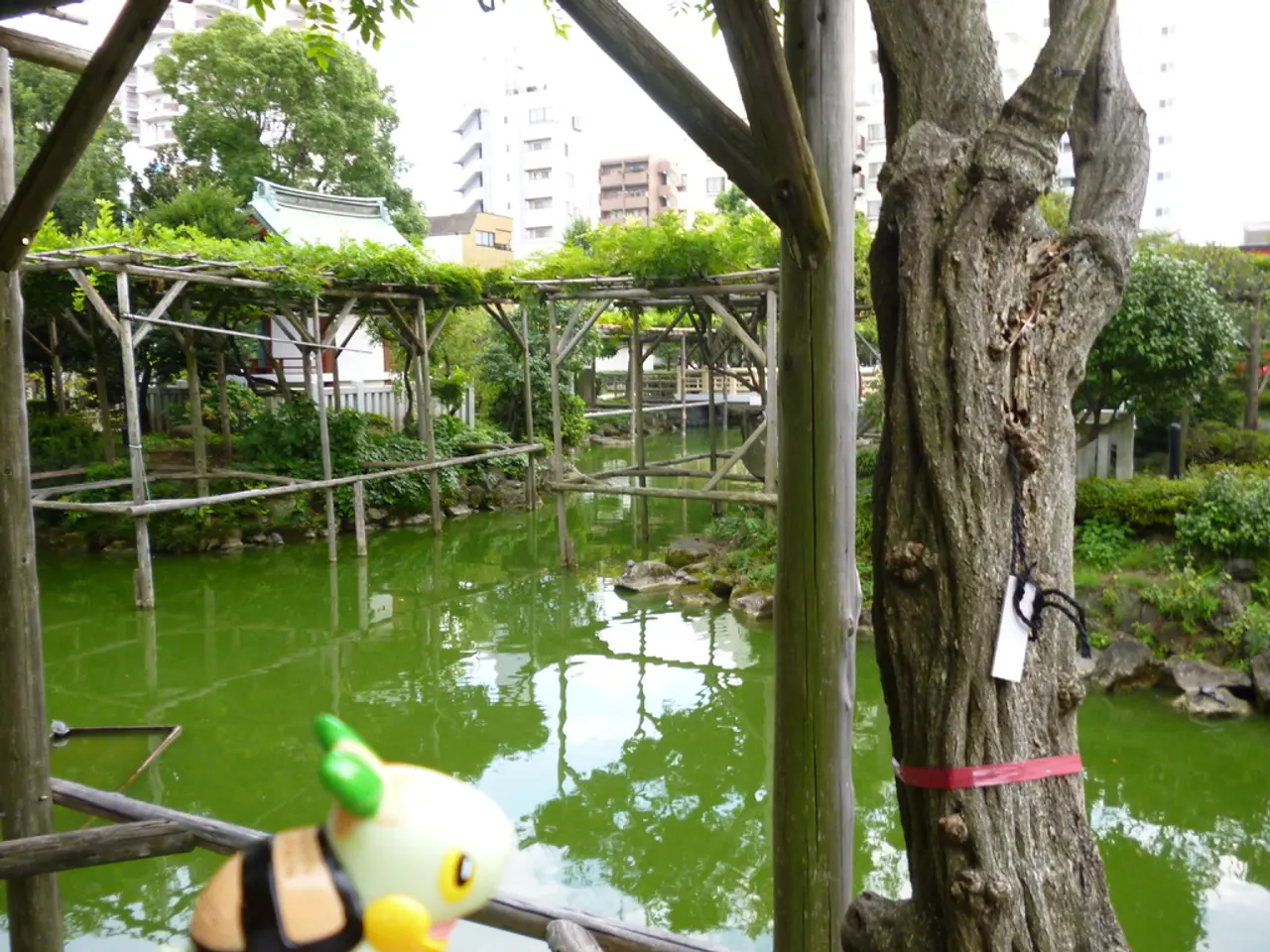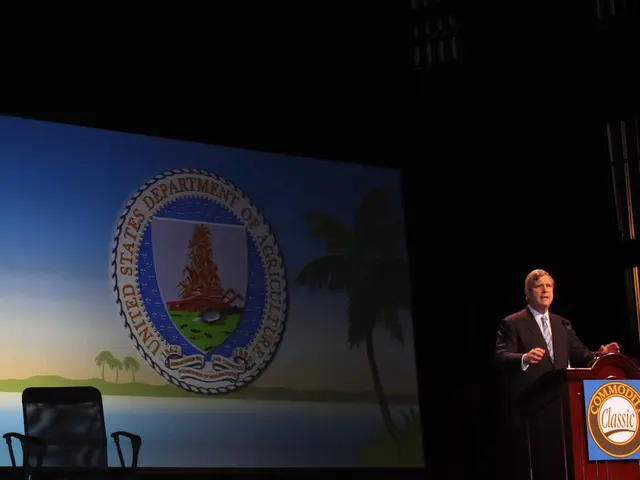Challenges inubiquitous supply of potable water in Malawi persist
In Malawi, a country where the majority of the population lacks access to piped water, ensuring clean and safe water for low-income households remains a significant challenge. Approximately 3.8 million Malawians, mostly residing in rural areas, lack access to clean drinking water, with only 65% of rural communities having access compared to 90% in urban zones.
The primary issue is the slow water output from communal boreholes, which takes approximately 20 minutes to fill a 30-liter bucket. This intermittent water supply not only worsens health outcomes but also complicates water management at the household level.
Many low-income households rely on boreholes as their primary water source because piped water infrastructure is largely unavailable. However, these boreholes may not always provide consistent, safe water, leading to concerns about the reliability of the water supply.
Women and children often walk long distances to fetch water from unprotected sources, increasing exposure to waterborne diseases like diarrhoea and cholera, as well as physical harm. In densely populated areas like Lilongwe's Area 23 and Area 44, the urgent need for improved water supply is evident.
Moreover, intermittent water supply leads to inconsistent access, which exacerbates health issues. Poor water and sanitation are estimated to account for over 50 percent of Malawi's disease burden. In 2022-2023, Malawi experienced a widespread cholera outbreak, with recorded 36,943 cases and 1210 deaths.
Addressing these issues requires addressing infrastructural gaps, ensuring consistent and safe water supply, enhancing sanitation and hygiene (particularly menstrual hygiene), and adopting transparent, community-inclusive water resource management policies.
Organizations like Life Concern Malawi (LICO) install solar-powered water systems in schools and communities to provide safe, reliable, and sustainable clean water access. The government's six-year Malawi Rural Water Investment Plan aims to rehabilitate 5,000 faulty boreholes, potentially providing clean and safe water to at least a million people.
Part of the funds allocated by the African Union (AU) is hoped to be used to rehabilitate broken boreholes in Malawi. Improving transparency and community involvement in water resource management is also crucial. Muthi Nhlema, BaseFlow's team leader, suggests an introduction of a by-law that any allocation of the borehole fund must be based on data, not the decision of one person or a group.
Efforts are also underway to resolve water challenges in specific districts like Neno, with governmental assurances aiming to improve clean and adequate potable water availability by upcoming deadlines. The issue of inadequate and unreliable water supply is common in Malawi, and it is crucial to address these challenges to improve the health and well-being of its citizens.
- Science must address the challenges of ensuring clean and safe water for low-income households, particularly in regions like Malawi.
- Chronic kidney disease, cancer, and respiratory conditions can be adversely affected by poor water and sanitation conditions.
- Improvements in digestive health and eye health may be linked to the availability of clean drinking water.
- Hearing loss and other health issues can occur due to prolonged exposure to contaminated water sources.
- Health and wellness, fitness and exercise, family health, and mental health all benefit from a steady water supply.
- Autoimmune disorders can be exacerbated by repeated exposure to contaminants in water sources.
- Climate change impacts water availability, making it critical to prioritize water infrastructure in vulnerable areas.
- Renewable energy solutions like solar power can be utilized to deliver reliable water supplies in remote locations.
- The manufacturing sector should invest in water-efficient production practices and technology to reduce strain on water resources.
- Mental health, men's health, and women's health are all impacted by the stress and disease burden associated with inadequate water and sanitation.
- Skin care is reliant on clean water, making access crucial for maintaining a clear complexion and overall skin health.
- Parenting responsibilities often necessitate long walks to collect water, increasing the risk of waterborne diseases and physical harm.
- Cardiovascular health may suffer from dehydration and other chronic diseases connected to poor quality water sources.
- Psoriasis, a common skin condition, can be aggravated by exposure to contaminated water sources.
- The industry must take responsibility for minimizing its impact on the environment, including water usage and pollution.
- CBD (cannabidiol) products have potential therapeutic benefits, but their impact on water resources is still unclear.
- Environmental science research should prioritize understanding the effects of pollution and climate change on water resources.
- The finance sector has a crucial role in funding water infrastructure projects and supporting community-based solutions.
- Energy use and efficiency are key factors in water management and treatment, as powering infrastructure and filtration systems requires resources.
- In the retail sector, eco-friendly practices such as using lowered water content products can help conserve water.
- Public transit systems should consider water conservation efforts in their operations, such as using rainwater harvesting systems.
- Entrepreneurship plays an essential role in developing innovative water conservation technology and business solutions.
- Transportation infrastructure may be impacted by flooding and other water-related disasters, making it essential to implement resilient designs.
- Leaders in government, industry, and civil society should prioritize water management as part of their agenda for diversity and inclusion.
- Autonomous vehicles and smart cities can contribute to water conservation efforts through efficient transportation systems and technology.
- Small businesses should prioritize sustainability practices, including water conservation, to maintain competitiveness in the marketplace.
- Lifelong learning and skills training are essential for adapting to the changing landscape of water management and water scarcity challenges.








